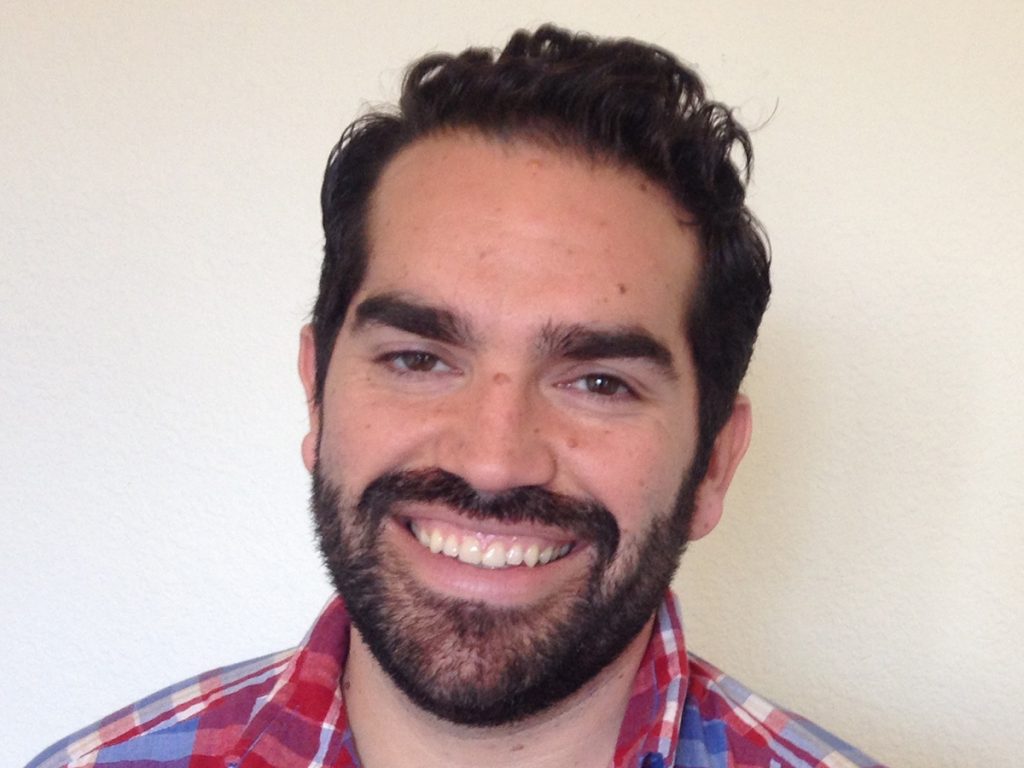Emerson Professors, Alum Awarded TBF Grants for Theatre Projects

Emerson faculty members Kim McLarin and Nathaniel Justiniano, and alumna Alison Qu ’20, recently were awarded Live Arts Boston (LAB) grants from The Boston Foundation to support projects examining the impact of segregation on audiences, the experience of the Puerto Rican diaspora, and the complexities of identifying as Asian American Pacific Islander.
LAB grants support performing artists “creating, presenting, and producing new work that fosters belonging in Greater Boston, celebrates diverse cultural expression, imagines a more just world, and inspires us to take action for racial equity and social justice,” in partnership with the Barr Foundation and generous donors, according to TBF’s website.

McLarin, a Writing, Literature and Publishing associate professor and graduate program director, will stage multiple readings of her one-woman play Divorce Dog, based on her 2012 memoir of the same name, to “examine how residential segregation shapes audience and how audience and perception of audience shapes what kind of Black art gains institutional support, and what kind does not.”
Boston is deeply segregated, as McLarin points out that two-thirds of Black Bostonians live in Dorchester, Roxbury or Mattapan. In 2020, there were 10 census tracts with a White population of 88 percent to 97.7 percent. With that in mind, her project proposal included holding readings in predominantly Black, White, and Latinx neighborhoods.
“I am interested in how this fact of life in Boston shapes not only audience reaction to cultural production—I want to see who laughs at what, who ‘gets’ what—but also cultural production itself,” said McLarin. “What kinds of plays by Black artists get produced in Boston, especially by major companies? What themes and treatment of themes are more likely to be embraced and supported by decision-makers, and which ones not so much?”
McLarin said the book is about a lot of things – divorce, motherhood, faith, depression, James Baldwin, and more.
“For the play, the key was to make one of those things the central narrative. What has emerged during the workshop process is a play exploring what it means to be a Black woman artist in a society which values none of those things. How to keep moving. Should you keep moving? What, essentially, is the point? Despite how that sounds, it’s actually pretty funny. Or so I’m told,” said McLarin.
She added that there would be no play without her Emerson connections. She characterizes herself as a novelist and essayist, not a playwright, but Associate Professor and Graduate Program Director Jabari Asim’s wife, Liana, a writer and actor, suggested McLarin convert the memoir into a play.
“I gave the book to [Performing Arts Professor] Melia Bensussen and asked her opinion. She agreed, and, to my delight, said she would like to direct it. The rest is history,” said McLarin.
Performing Arts Assistant Professor Justiniano, founder and artistic director of Naked Empire Bouffon Company, was awarded a grant to support “an outrageously satirical, anti-colonial comedy about the diasporic Puerto Rican experience.”
Justiniano says the show is being performed amidst a very crucial moment of Puerto Rico and Puerto Rican-ness. In pop culture Lin-Manuel Miranda’s The Heights was released in theaters this year and Steven Spielberg’s version of West Side Story is coming out this year. Politically, U.S. Congresswoman Alexandria Ocasio-Cortez is a Capitol Hill star, and Puerto Rico’s self-determination, ranging from independent country to U.S. statehood, continues to be hotly debated about the island’s residents and diasporicans alike.”
“The discourse on being Rican is ascendant,” said Justiniano. “At the same time, we are in a moment of care fatigue. People who care about social and racial and environmental justice, are among many things to work towards, and there could be saturation. In that environment the show is asking what does it take for the stateside general public to care about Puerto Rico and Puerto Ricans who are everywhere. Not just on the island.”
Justiniano said his work should be called a show, not a play, due to the nature of how his company creates their work. He feels when people think about theater, they think of the mainstream structures of a playwright writing a play, a director incorporating their vision, and actors interpreting their roles.
“That is not my process. For me everybody involved is contributing, and is invited the first day, and we start only knowing an image, an idea or theme. We co-create together as equitably and joy-filled as possible,” said Justiniano. “We discover what images, gestures, sounds, lights – whatever element we play with – can help us create rich, metaphoric, provocative, evocative moments.”
The team then refines their discoveries into a richly dynamic and irreverent experience for the audience. It’s only at the end of the process that they finalize a script.
“It’s fun and also incisive, and we’re trying to lift up how colonialism has manifested in quotidian life today. We shine a light on ways we may not know how we engage with colonial perpetuation. So folks can leave the show saying, ‘Oh shit, I do do that, and it’s fucked up.’ That tends to be the common reaction to my work,” said Justiniano.
He said a lot of audience members leave cursing themselves, especially as White guilt sometimes dominates.
“And I’m like, ‘Shame can shut people down, but guilt can be productive. Sure some folx walk away feeling guilty as a dominant feeling. But more importantly, what are they gonna do differently as a result?” added Justiniano.

Qu is co-founder and executive producer of Chuang Stage, one of three arts organizations awarded a grant to produce Found in Translation, “a series of virtual or hybrid theatre events, livestreamed with captions to amplify the the power and complexities of being multilingual, immigrants, or identifying as AAPI in Greater Boston.” Co-grantees alongside Chuang Stage include AATAB (Asian American Theatre Artists of Boston) and Pao Arts Center in Boston.
“We will be producing two versions of one play, A Deal, by Zhu Yi in English and Mandarin, both written by the playwright herself,” said Qu. Each production will have captions in the other language. “Chuang Stage collaborated with playwright Zhu Yi back in 2020 virtually and saw great excitement from audiences nationwide about her work and our particular collaboration–the bilingual, Chinese immigrant community is excited about her nuanced voice and the way Zhu Yi channels new immigrant experience, transcultural writing, and her unique presence as the community navigates the relationship between personal growth, creative freedom and making a life.”
Qu said that Emerson students in the Chuang Lab, its student theater organization, will have opportunities to work throughout the project.
Grantees each receive $15,000 project documentation, one-on-one advising, peer networking opportunities, and support for other professional development with local arts service organization Dunamis.
Initial applications are reviewed by national and local artists and arts administrators. Those advanced to a second round are invited to submit expanded materials, which are reviewed by a second group comprised of members of the local performing arts community, including prior LAB recipients. Boston Foundation staff work to ensure that all reviewers reflect the racial and ethnic diversity of Greater Boston, as well as multiple performing arts disciplines.
Categories